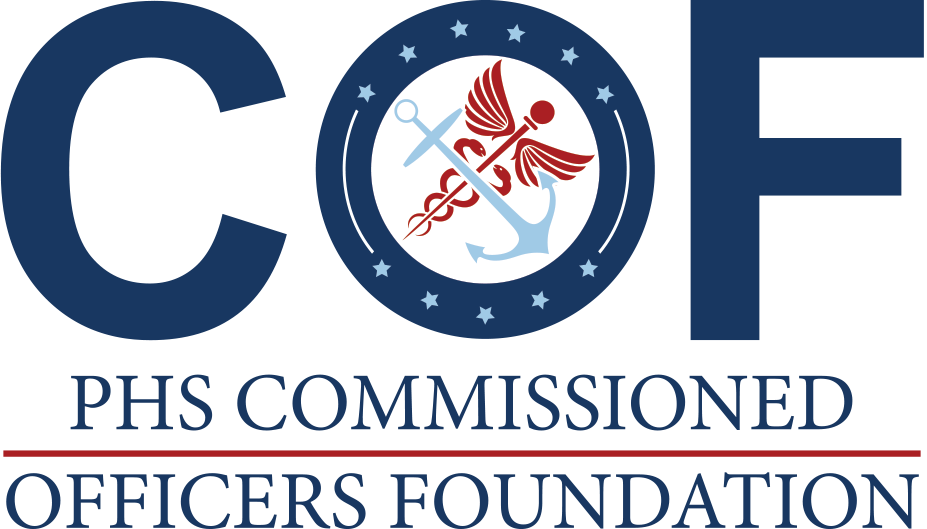By Rear Admiral Steve Solomon, MD, FACP, FIDSA, USPHS (ret.)
This issue of Frontline contains the first half of an interview we were privileged to conduct with Harvey Alter, MD, retired USPHS officer, NIH scientist and recipient of the 2020 Nobel Prize in Physiology or Medicine. The scientific community’s recognition of Dr. Alter is one more notable event demonstrating how the Commissioned Corps has brought remarkable people into uniformed service and has served as an important foundation for Federal public health.
Dr. Alter joined the Corps in the era of the Yellow Berets, when the NIH routinely brought young officers like Dr. Alter and Dr. Anthony Fauci into its clinical associate program. At that time and through the ensuing decades, as throughout the history of the Corps, those officers serving in the IHS, CDC, FDA, HRSA and many other Federal agencies both within and outside the Department of Health and Human Services distinguished themselves by their dedication and commitment to serving the public’s health. And of course, the Corps continues to attract remarkable women and men to uniformed service, especially the outstanding cadre of officers now on active duty, who have given so much of themselves to the United States’ response to the COVID-19 pandemic.
A lot has changed in the years since Dr. Alter joined the USPHS. Medical science and patient care are dramatically different. The society in which we live is changing and evolving with a speed that leaves many people with a discomfort that once was called “future shock.” It is hard to imagine the events of this past year could have demonstrated with any greater clarity that we live in a time of upheaval and uncertainty across a number of crucial areas, the public’s health and the way our nation has responded to the social compact inherent in preserving population health being prominent among those areas of concern.
In the past few months, we have seen an amplification and acceleration of trends that go back to the 20th Century. There has been a steady erosion of the public health infrastructure in the United States due to a lack of resources from legislative bodies at the local, state and Federal levels. An even greater threat may be the erosion of the trust the public invests in the agencies and the people responsible for preserving and protecting the public’s health. That loss of trust has been accelerated during the pandemic for several reasons, including attacks directed at public health personnel by some government officials.
The public health system will be rebuilt and better supported, eventually, simply because our society has no alternative. The mounting toll of this pandemic added to the ongoing health problems present before the COVID-19 era—the opioid epidemic, obesity and poor nutrition, antibiotic resistance, and too many others to list—will only worsen the health metrics by which the United States compares poorly to other high-income countries around the world. At some point, elected officials will wake up to the need for a robust, well-funded, well-staffed public health system, and they will support the people who constitute the public health workforce not just with more money and resources, but with clear and unequivocal acknowledgement of their value and respect for their service.
Unfortunately, our nation cannot wait. The time to act is now. The COVID-19 pandemic is the public health equivalent of Pearl Harbor and 9/11/2001. This coming January, the 117th Congress should begin with actions that expand and strengthen the Commissioned Corps. Much more than that is needed, of course, but a legislative commitment to the Corps would be not just a functional response to the pandemic but also symbolic in its recognition that a uniformed cadre of officers can be a critical part of the foundation upon which to build a coordinated, integrated public health system in the United States with the capacity to serve the needs of all its people, all the time, wherever, and in whatever circumstances they find themselves.
I believe the Corps needs to be larger—at least 10,000 on active duty with a Ready Reserve of at least 2,500. The White House should elevate the role of the highest-ranking officer in the USPHS, whether the Surgeon General or the Assistant Secretary for Health, making the commandant of the Corps the director of a reconstituted Health Security and Biodefense group within the National Security Council. And Congress should give the Corps’ leadership command and control of at least a significant number of Commissioned Corps officers, to assure and facilitate their training, career development and deployment, in consultation and cooperation with the agencies to which OSG assigns them. Those officers will serve in many Federal agencies and in assignments to local and state health agencies, as they do now. They will develop the relationships and the breadth of experience that will allow them to work through a command structure focused holistically on all aspects of a national and global response, not just to pandemics, but to the persistent public health problems that afflicted the US before the pandemic. And they can be part of an aggressive national response to the long-standing crisis of health inequity and unequal access to services that has been brought into even sharper focus by COVID-19.
These and many other ideas for rebuilding and reforming America’s public health system can be subjects of discussion, debate and dialogue. At Frontline, we’d like to hear your thoughts. Please send your ideas to [email protected], with the subject line “Future of Public Health,” so we can begin to think together about where public health needs to go next and how we might get there.
